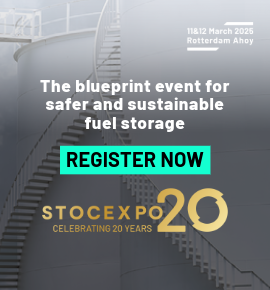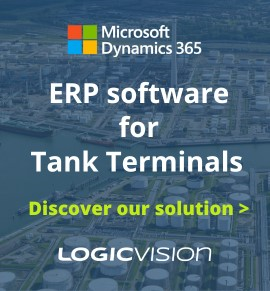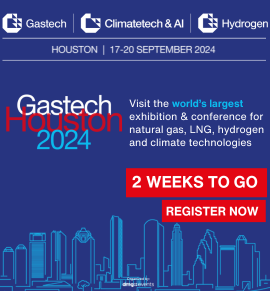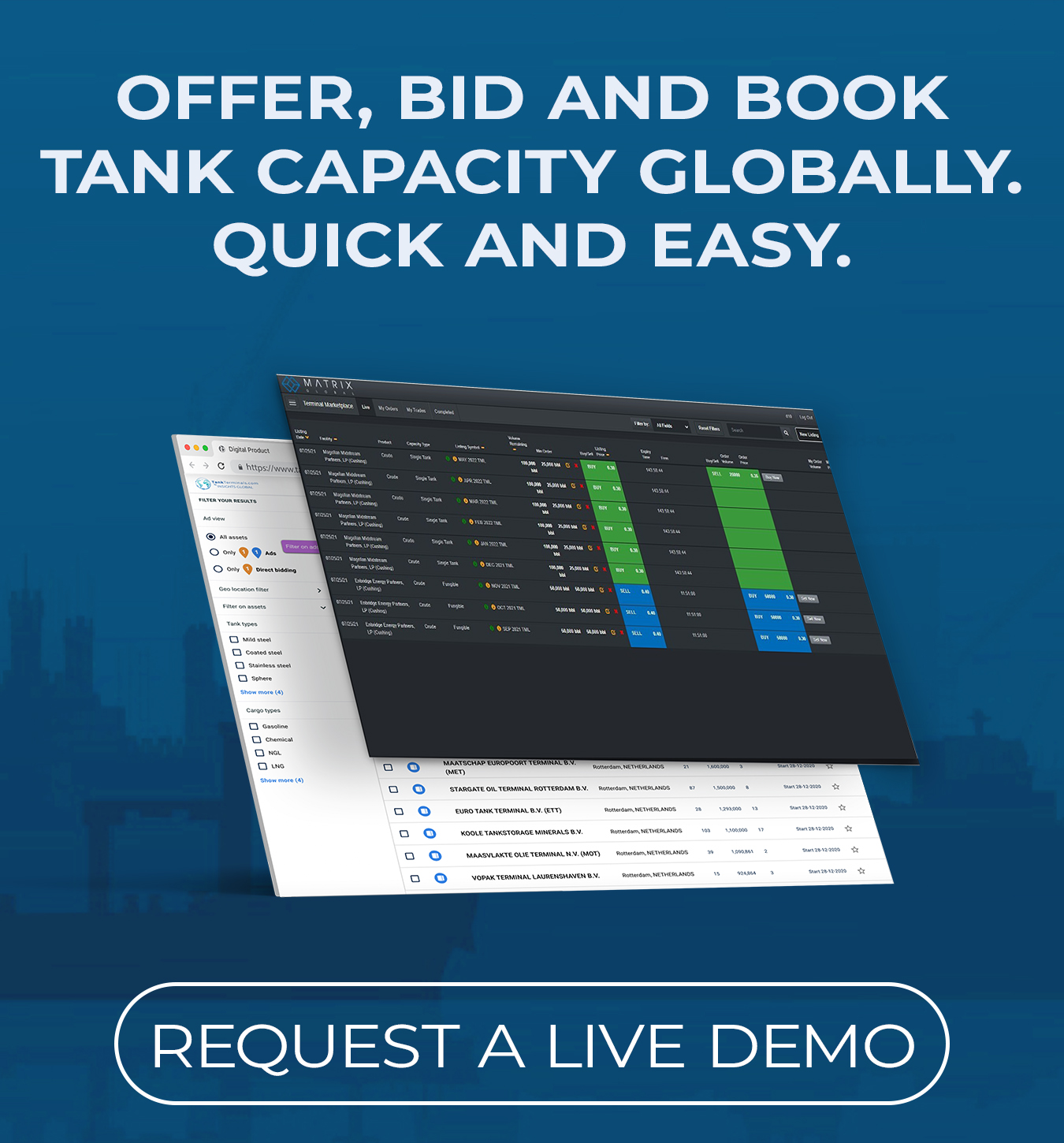July 22, 2016 [OPIS] - Kinder Morgan Inc. (KMI) reported its total refined products volumes in the Products Pipelines segment were down 1% for the second quarter versus the same period in 2015, reflecting a decrease in East Coast volumes due to increased imports, partially offset by increased throughput on its West Coast assets.
Kinder Morgan Sees Products Pipeline Volumes Drop on East Coast Import Hike
07.22.2016 - NEWS











